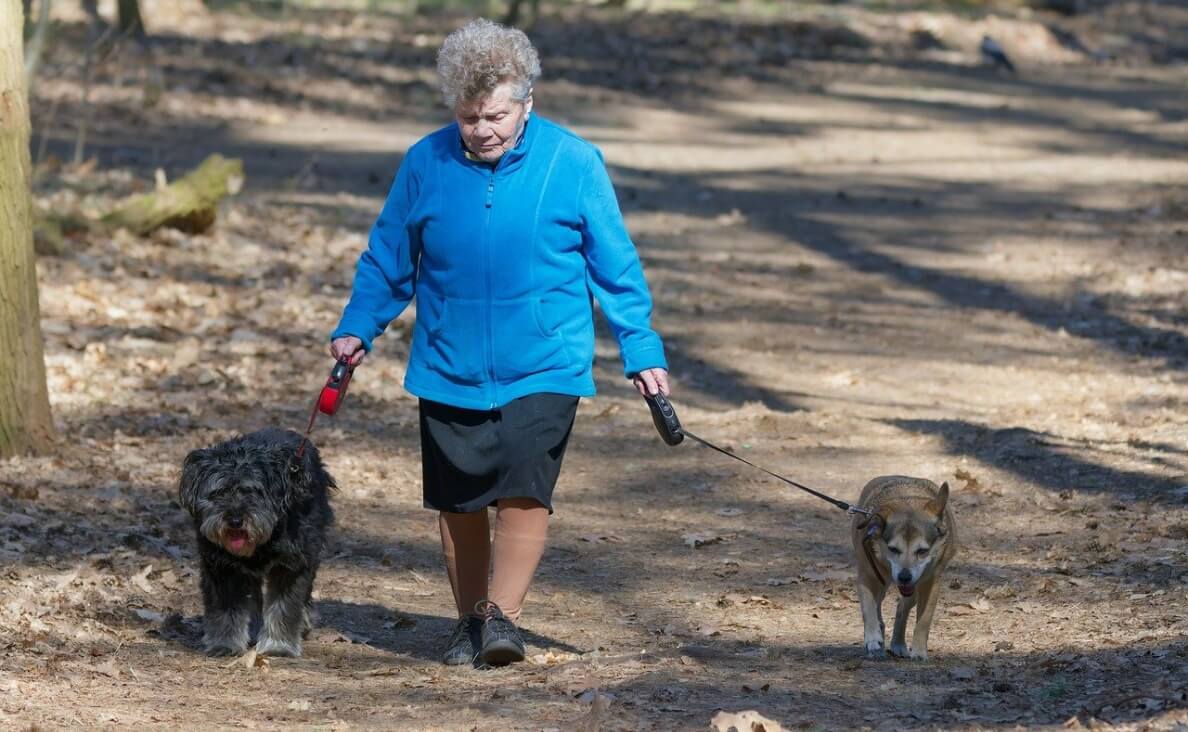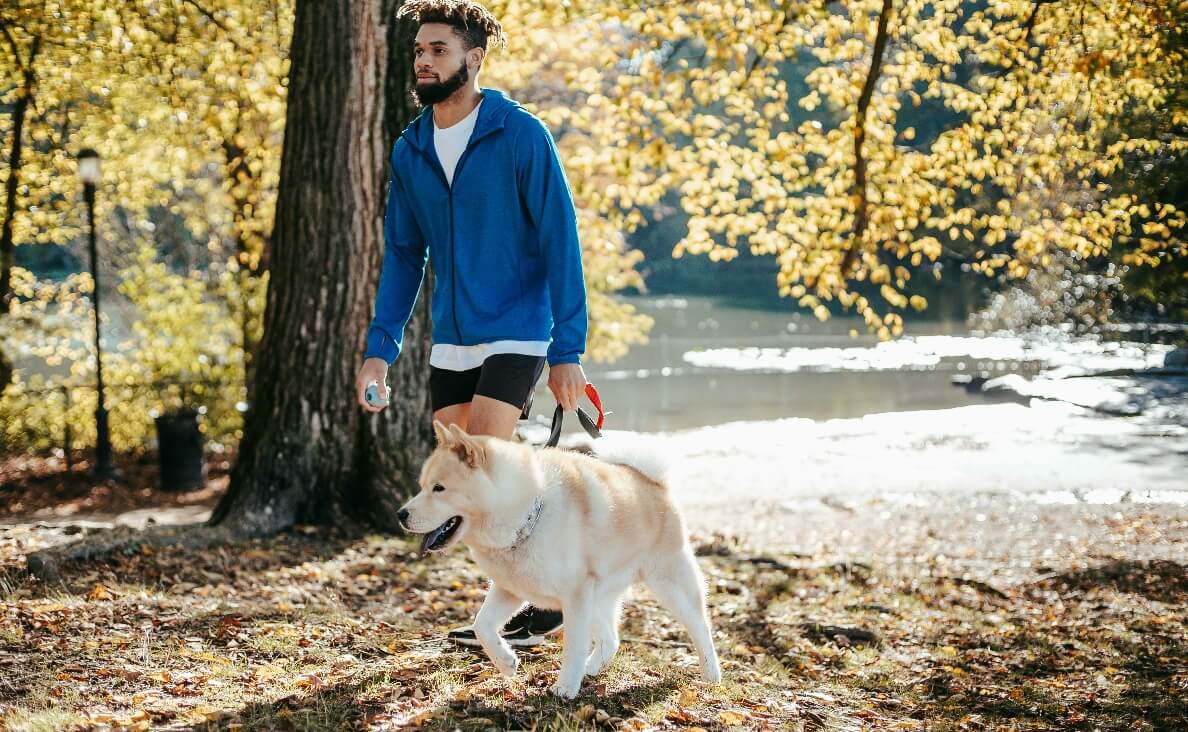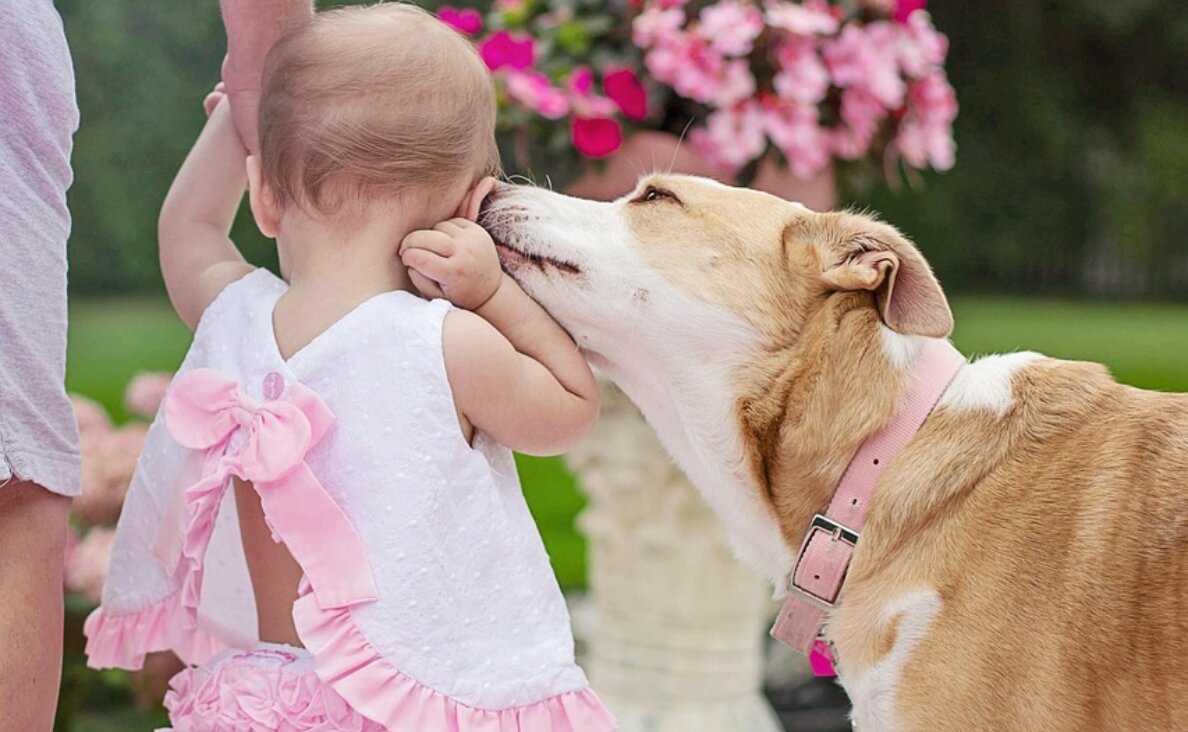
The way people raise their dogs has changed just as much as fashion, music, and technology. Each generation has its own unique approach to caring for furry companions, shaped by culture, lifestyle, and personal values. These approaches, often called dog parenting styles, reveal fascinating differences in how Boomers, Gen X, Millennials, and Gen Z see their dogs and integrate them into their lives.
In this post, we’ll explore how dog parenting styles have shifted across generations—what’s stayed the same, what’s evolved, and what it all means for the future of dog care.
What Are Dog Parenting Styles?
The term dog parenting styles describes the attitudes, choices, and behaviors that dog owners use when caring for their pets. Just like human parenting, dog parenting can be strict, permissive, indulgent, or balanced.
- Some owners prioritize rules and discipline.
- Others emphasize pampering and emotional bonding.
- Many fall somewhere in between, blending structure with affection.
The way a person chooses their dog parenting style often depends on cultural influences, financial priorities, and generational trends. Understanding these dog parenting styles helps explain why one generation might feed kibble from the grocery store, while another insists on organic, grain-free, or fresh meal delivery.

Baby Boomer Dog Parents
Baby Boomers, born between 1946 and 1964, often grew up with a very different view of pets. For many Boomers, dogs were seen primarily as companions, not as full-fledged family members.
Dog parenting styles among Boomers tend to be:
- Practical: Dogs were often kept outdoors more than indoors, especially in suburban and rural households.
- Traditional: Training leaned toward firm discipline, with less emphasis on treats, toys, or enrichment.
- Resourceful: Many Boomers focused on affordability—choosing basic dog food brands and avoiding what they might see as “luxuries.”
While this generation might not throw birthday parties for their dogs, their dog parenting styles reflect loyalty and consistency. Dogs were valued for companionship, protection, and family connection.
Generation X Dog Parents
Gen X, born between 1965 and 1980, took a slightly different approach. Balancing careers, raising children, and managing busy households shaped their dog parenting styles.
Dog parenting styles among Gen X often include:
- Routine-based care: Feeding and walking were structured around work and school schedules.
- More inclusion: Dogs were increasingly seen as family members, allowed indoors more often and even included in family activities.
- Rescue-friendly values: Gen X played a big role in growing the rescue and adoption movement, preferring to save dogs from shelters.
Compared to Boomers, Gen X developed a more balanced dog parenting style—a mix of responsibility, discipline, and affection. Their approach reflects the middle ground between the traditional Boomer view and the indulgent Millennial outlook that followed.

Millennial Dog Parents
Millennials, born between 1981 and 1996, have been described as the “dog parent generation.” Their dog parenting styles are radically different from those of previous generations.
Key traits of Millennial dog parenting styles:
- Dogs as children: Many Millennials delay or choose not to have kids, so their dogs are “fur babies.”
- High spending: Premium food, daycare, grooming, boarding, and pet insurance are common expenses.
- Social media influence: Dogs often have Instagram accounts, wear cute outfits, or appear in TikTok videos.
- Wellness focus: Interest in organic foods, alternative health care, and enrichment toys is high.
Millennials embrace indulgent dog parenting styles that prioritize emotional bonding, enrichment, and quality of life. For them, being a “dog parent” isn’t a figure of speech—it’s a lifestyle.
Gen Z Dog Parents
Gen Z, born between 1997 and 2012, is still coming into its own as pet owners, but their dog parenting styles are already shaping the industry.
Key aspects of Gen Z dog parenting styles include:
- Technology-driven care: Smart collars, GPS trackers, and pet health apps are common.
- Sustainability values: This generation prefers eco-friendly products, ethical brands, and sustainable food choices.
- Adventure mindset: Dogs are part of hiking trips, outdoor sports, and lifestyle content creation.
- Emotional health: Dogs are seen as essential for mental wellness and balance in a fast-paced, online world.
Gen Z’s dog parenting styles combine Millennial indulgence with tech-savvy solutions and sustainability. They view dogs not just as family but also as partners in a meaningful lifestyle.

Comparing Dog Parenting Styles Across Generations
When we compare Boomers, Gen X, Millennials, and Gen Z, the evolution of dog parenting styles becomes clear:
- Boomers: Practical, traditional, loyal.
- Gen X: Balanced, responsible, family-focused.
- Millennials: Indulgent, wellness-driven, social media influenced.
- Gen Z: Tech-savvy, eco-conscious, emotionally bonded.
What’s striking is how each generation’s lifestyle shaped their dog parenting styles—from outdoor companions to indoor family members to wellness-focused “fur kids.”
A side-by-side comparison makes it clear that dog parenting styles reflect broader cultural changes in family life, technology, and consumer choices.
What This Means for Dog Care Today
As dog parenting styles continue to evolve, businesses like Canine Campus adapt to meet every generation’s needs.
- Boomers may look for reliable boarding and grooming.
- Gen X values trust, safety, and balance.
- Millennials seek enrichment, daycare, and high-quality wellness services.
- Gen Z expects digital convenience, eco-friendly practices, and emotional connection.
Understanding these generational differences allows dog care providers to offer services that meet all dog parenting styles. For dog parents, it’s also a chance to reflect on your own habits—are you more traditional, indulgent, or tech-forward in your approach?

Conclusion
No matter the generation, one truth is timeless: dogs give unconditional love. Our dog parenting styles may look different from Boomers to Gen Z, but the bond between people and their pets remains strong.
Audience Engagement Question
Do you think your parenting style reflects your generation, or do you do things differently with your dog?

 8 Outstanding Health Benefits of Dog Ownership
8 Outstanding Health Benefits of Dog Ownership Coping With the Loss of Your Dog with Crystal Givens, Advanced Grief Recovery Specialist
Coping With the Loss of Your Dog with Crystal Givens, Advanced Grief Recovery Specialist 10 Things to Consider Before You Take Your Dog to Work
10 Things to Consider Before You Take Your Dog to Work Walk Your Dog Week Reminds You to Exercise With Your Dog
Walk Your Dog Week Reminds You to Exercise With Your Dog Tips to Avoid Dog Boredom
Tips to Avoid Dog Boredom






Leave a Reply